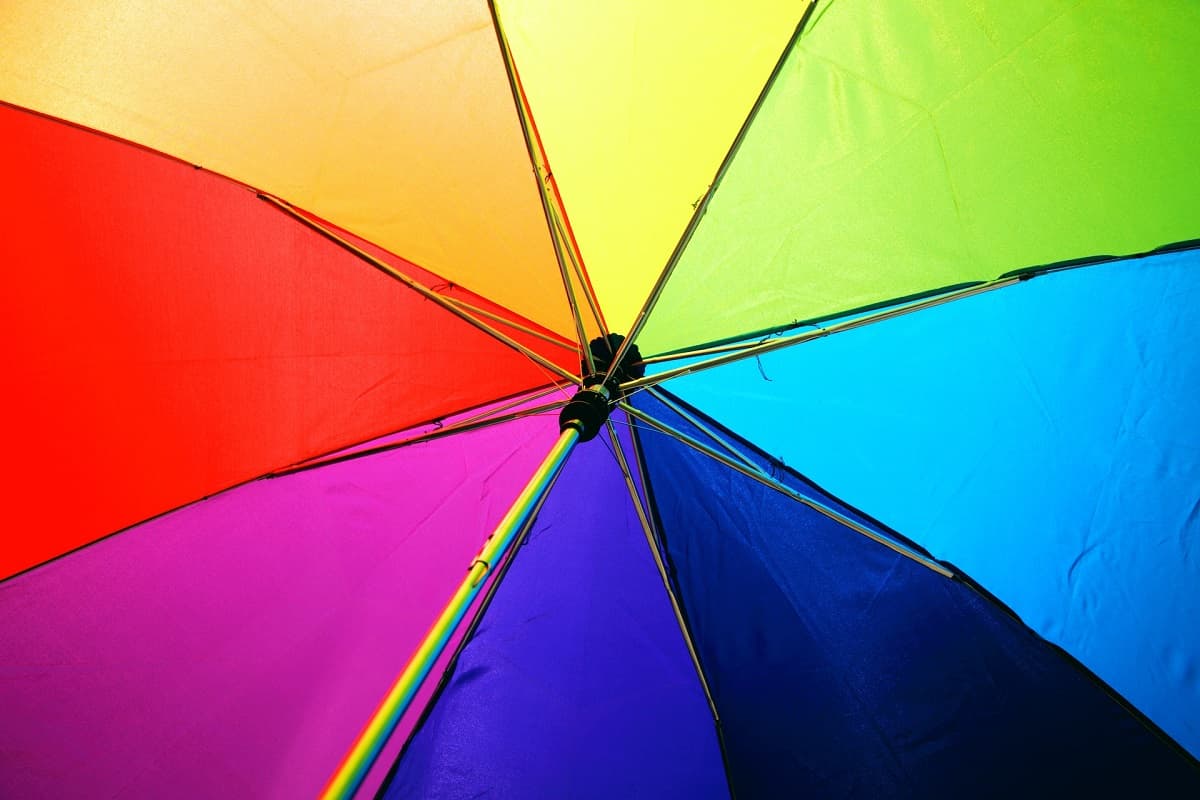
A peaceful assembly which was allegedly linked to the LGBT (Lesbian, Gay, Bisexual and Transgender) movement took place at the Merdeka Square in Kuala Lumpur recently. The assembly was in conjunction with Women's Day.
The issue created unneccessary uproar in Malaysian Parliament as if LGBT's issue was considered by some "holier than thou" elements in this country to be-all and end-all.
In other words, some of our parliamentarians seem to view the LGBT's issue trumping other important national issues which ought to be debated at the August House.
At present, the case is being investigated for an alleged crime pursuant to Section 9 of the Peaceful Assembly Act 2012 as well as Section 14 of the Minor Offences Act 1955, respectively.
In the West, LGBT has always been framed as a human rights issue.
In 2008, the Liberal International Congress in Belfast adopted a resolution prohibiting the persecution and discrimination on the basis of sexual orientation. The proponents of LGBT rights hailed the said resolution as a small victory.
After all the resolution reaffirmed the Yogyakarta Principles as a guiding document in interpreting existing human rights in relation to sexual orientation and gender identity.
If we may recall, in 2010, the then UN Secretary General, Ban Ki Moon, stated that “laws criminalising people on grounds of sexual orientation and gender identity violate the principle of non-discrimination".
In Muslim-majority countries in Asia such as Malaysia, LGBT has never been viewed from the prism of human rights. One who closely follows the jurisprudential debate on this issue may realise that even in Muslim-minority states in Asia, more often than not LGBT is said to be inimical to Asian values. The East tends to view family values as trumping the individual right.
Be that as it may, LGBT is not recognised as a universal right as guaranteed by certain international human rights instruments such as the Universal Declaration of Human Rights (UDHR) or the International Covenant of Civil and Political Rights (ICCPR).
Having said that,in what way shall we view the present issue, namely the right of the LGBT community to assemble peacefully in Malaysia?
Should the law totally prohibit them from exercising their fundamental rights duly enshrined under Article 10 of the Federal Constitution?
As far as I am concerned, this issue ought to be approached from the following two dimensions.
Frankly speaking, I don't think LGBT practices would be legally or constitutionally recognised as part of human rights in Malaysia, at least not now or in a near future.
Hence, like it or not, LGBT community — being the minority group — has to reluctantly bend to majority wishes.
Nevertheless, the right of LGBT groups to hold and participate in a peaceful assembly is totally a different ball game.
Such a sacrosanct right is duly embedded in our apex law and to be freely enjoyed by anyone, including the LGBT community.
Any attempt to deny such a fundamental right would be unconstitutional as it infringes the equal protection clause in Article 8 of the Constitution.
It also violates the right to freedom of peaceful assembly enshrined in Article 10 of our supreme law.
This fundamental right ought to be jealously safeguarded by the government. A punishable assembly cannot be said to be a fundamental or constitutional freedom.
In the circumstances, the police, in my view, ought to stop the unnecessary intimidation against the LGBT community by halting the investigation forthwith.
Mohamed Hanipa Maidin is a former member of Parliament for Sepang, and a former deputy minister in the Prime Minister's Department (legal affairs).